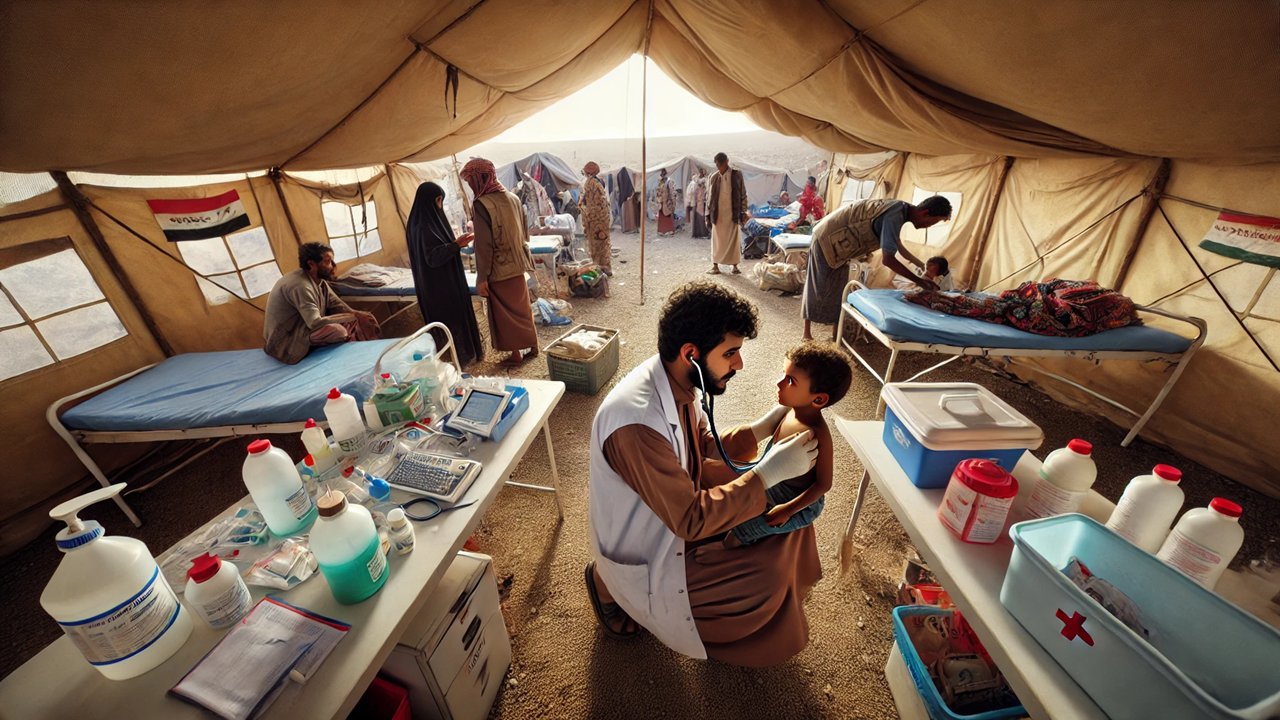UNICEF Warns of Catastrophic Child Casualties Amid Escalating Conflict in Lebanon
Average Daily Child Deaths in Current Violence Surpass Rates from 2006 Conflict as UNICEF Urges Immediate De-escalation and Humanitarian Aid.

In the past week, Lebanon has witnessed an alarming increase in child casualties due to ongoing violence, with reports indicating that the average number of children killed per day is now more than double that during the devastating 2006 conflict, which resulted in approximately 400 child fatalities over 33 days, averaging 12 deaths per day. This week alone, 50 children were reported killed in just two days, according to the Lebanese Ministry of Public Health. The ministry further cautions that many more children may remain trapped under the rubble of destroyed buildings, intensifying the humanitarian crisis.
The recent escalation in violence has led to thousands of injuries, widespread displacement, and extensive damage to critical infrastructure, creating an atmosphere of fear and insecurity for countless families across the nation.
Edouard Beigbeder, UNICEF Representative in Lebanon, expressed deep concern: “As this week continues, the devastation mounts, piling tragedy upon tragedy. The attacks on Lebanon are killing and injuring children at a frightening rate and devastating any sense of safety and security for hundreds of thousands of children across the country.”
This conflict exacerbates an already fragile situation for many families in Lebanon, who have been grappling with a series of crises in recent years, including the catastrophic Port of Beirut explosion, the COVID-19 pandemic, and a prolonged economic collapse that has pushed poverty rates to staggering levels. A November 2023 survey by UNICEF revealed that over 80% of households have resorted to borrowing money or buying essential groceries on credit, marking a 16 percentage point increase in just six months. In the South Governorate, nearly 46% of households reported their children were experiencing anxiety, while 29% reported depression.
In just the last 72 hours, hundreds of thousands of individuals are estimated to have been displaced, with over 70,000 seeking refuge in shelters. Prior to this week's military operations, more than 111,000 people, including over 39,000 children, had already fled their homes in southern Lebanon. Many are likely facing displacement for a second time as violence intensifies.
The violence has also severely impacted civilian infrastructure. Water pumping stations built or repaired by UNICEF in the Bekaa and South Governorates have been damaged, leaving 30,000 people without access to clean drinking water.
In response to the escalating crisis, UNICEF, in collaboration with the Lebanese government, has mobilized essential supplies to shelters, providing thousands of bottles of clean drinking water, hygiene kits, educational and recreational materials for children, blankets, sleeping bags, personal hygiene items for women and girls, and nutrition supplies including supplements and baby food. Additionally, UNICEF is offering psychosocial support, child protection services, and educational activities in many shelters.
To address the urgent health needs, UNICEF has initiated critical repairs on damaged water and sanitation facilities, dispatched 20 mobile health units to deliver essential medical care and immunizations, and supplied 100 tons of emergency medical supplies to hospitals experiencing severe shortages. Another 25 tons of emergency supplies are set to arrive in Lebanon soon, with 53 tons currently under procurement.
“The situation in Lebanon, already teetering on the brink, has moved from crisis to catastrophe. The suffering of children must stop,” Beigbeder stressed. “The only way to do this is through an immediate de-escalation. A full-scale conflict would have a devastating impact on the country’s 1.3 million children.”
UNICEF urgently calls on all parties involved to adhere to their obligations under international humanitarian law to protect civilian infrastructure and populations, particularly children, humanitarian workers, and medical personnel. This includes facilitating the safe movement of civilians seeking refuge from the violence.
Despite the pressing needs, UNICEF requires $39 million to implement its 2024 conflict response plan, having received only $7.6 million to date. Additional funding is urgently needed to support the children of Lebanon during this critical escalation, ensuring that their needs for safety, health, and well-being are met amid the turmoil.










